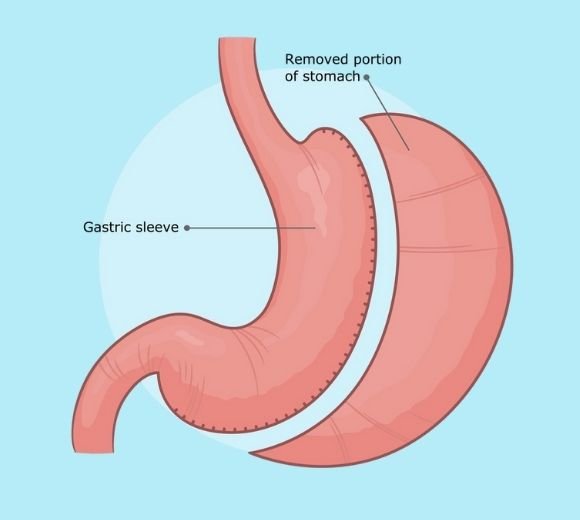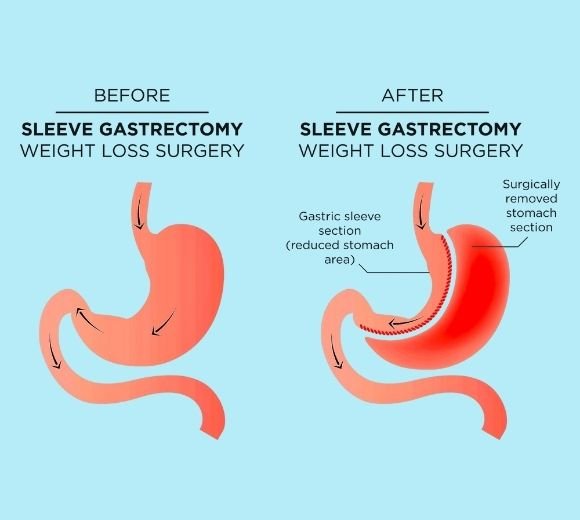 Book Appointment
Book Appointment
Obesity is one of the fastest-growing health challenges in India, including. For many individuals, obesity is not just about appearance—it significantly affects health, confidence, and quality of life. Conditions such as type 2 diabetes, high blood pressure, obstructive sleep apnea, fatty liver disease, and arthritis often accompany excess weight, making daily living more difficult and even shortening lifespan.
For patients who have tried diet plans, exercise regimens, and medications without long-term success, bariatric surgery—and particularly Sleeve Gastrectomy—offers a powerful solution.
At our surgical center, with over 25 years of specialized surgical experience and more than 8,000 successful laparoscopic procedures (including 400 bariatric surgeries), we provide safe, advanced, and compassionate care to patients seeking sustainable weight loss through surgery.
This article is a complete guide to Sleeve Gastrectomy Surgery, covering candidate suitability, preoperative workup, the surgical process, potential risks, and the critical importance of postoperative lifestyle changes.

Sleeve Gastrectomy (also called Vertical Sleeve Gastrectomy or Gastric Sleeve Surgery) is a type of bariatric surgery performed using minimally invasive laparoscopic techniques.
The result is significant, long-term weight loss—combined with improvements in obesity-related medical conditions and overall quality of life.
Not everyone struggling with weight is automatically a candidate for bariatric surgery. Suitability is carefully evaluated based on body mass index (BMI), health conditions, and previous weight-loss attempts.
Our bariatric team conducts a comprehensive preoperative workup, including blood tests, nutritional counseling, psychological evaluation, and medical fitness assessment, to ensure every patient’s safety and suitability.
A successful sleeve gastrectomy begins long before the actual surgery. Our preoperative evaluation ensures patients are physically, mentally, and emotionally ready.
A step-by-step overview of how the sleeve gastrectomy procedure is safely performed by our expert surgical team.
Sleeve gastrectomy is one of the most popular bariatric procedures worldwide due to its safety and effectiveness.

While sleeve gastrectomy is generally safe—especially in experienced hands—patients must understand possible risks. Transparency builds trust.
With over 25 years of surgical expertise and advanced laparoscopic technology, our center ensures minimized risks and safe outcomes.

Patient Information Guide